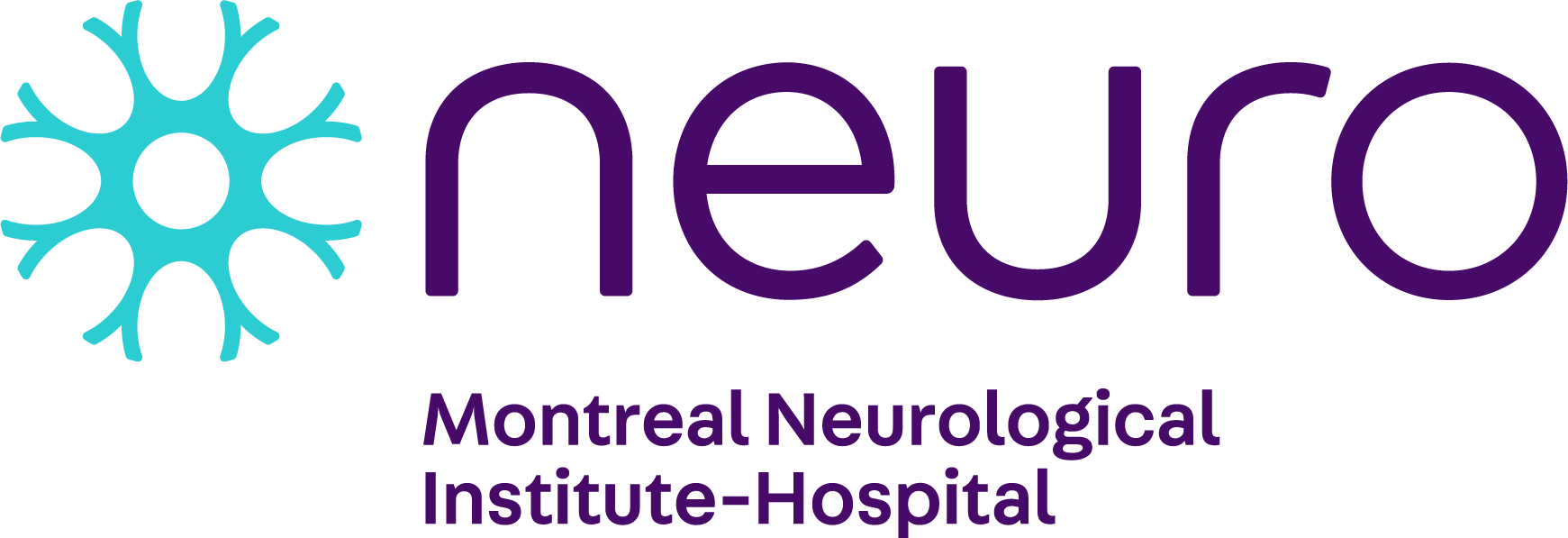Would you be surprised to learn that stroke kills twice as many women as breast cancer each year? Despite this fact, stroke generally ranks lower on the list of Canadian womenŌĆÖs health concerns ŌĆō if it makes the list at all.
While women may know that they are more at risk of developing AlzheimerŌĆÖs disease or migraine than men, they may not realize that this is also the case for other serious neurological conditions such as stroke. And the lack of information can mean women donŌĆÖt recognize a serious health event when it happens.
Connecting heart and stroke health
The Heart and Stroke Foundation of Canada estimates that stroke affects 1 in 5 Canadian women. And despite tremendous advances in treatment in the last decade, stroke remains an urgent life-threatening event, which can be complicated by pre-existing conditions.
ŌĆ£Over the age of 60, women are overrepresented in stroke because they are more likely to suffer from atrial fibrillation, which is a cardiac arrhythmia that is an important risk factor,ŌĆØ explains Dr. Catherine Legault, a stroke neurologist at The Neuro (Montreal Neurological Institute-Hospital). ŌĆ£Their strokes are often more severe than those of men, and their complications are greater.ŌĆØ
Patients with a history of atrial fibrillation regularly take anticoagulant medication to lessen the risk of a clot-provoked stroke. However, if they are also predisposed to have a hemorrhagic stroke (bleeding in the brain), this anti-clotting medication may contribute to increase the risk of bleeding.
The Clinical Research Unit at The Neuro (Montreal Neurological Institute-Hospital) is taking part in a clinical trial (ENRICH-AF) for individuals who have suffered a hemorrhagic stroke and who have a history of atrial fibrillation. The trial is studying whether being given an anticoagulant to lessen the risk of a clot-provoked stroke outweighs the low risk of re-bleeding.
ŌĆ£This study should clarify for us which is the better decision to make in this potentially more at-risk population," explains Dr. Aimen Moussady, a neurologist who specializes in vascular neurology at The Neuro and the principal investigator for the ENRICH trial at the CRU.
Hormones and stroke
Women also need to be aware that there are other unique risk factors for them in relation to stroke; some of these occur around hormonal changes such as the peripartum and postpartum period, as well as after menopause. Other factors such as depression, anxiety and high psychological stress are also associated with an increased risk of stroke, more so in women than in men.
"Women are also less likely to recognize their stroke symptoms and less likely to present to the hospital,ŌĆØ says Dr. Legault. Stroke symptoms are easy to remember: facial weakness or facial asymmetry; weakness or change in sensation in an arm or leg on one side; difficulty speaking or understanding language; visual changes or dizziness.
That said, women may also experience "non-traditional" symptoms such as sudden severe headache, fainting, weakness, shortness of breath, confusion and nausea. The Heart and Stroke Foundation estimates that two thirds of research is carried out on men, and therefore womenŌĆÖs symptoms may be less studied and less frequently mentioned.
If there is one message Dr. Legault wants to send women, itŌĆÖs this: ŌĆ£Listen to your body; if you feel the symptoms of a stroke, donŌĆÖt try sleep it off. Call 911 and come to the ER as soon as possible.ŌĆØ The speed of intervention following a stroke can mean the difference between walking away unscathed or having serious complications.
For more on stroke trials at the CRU, see .




